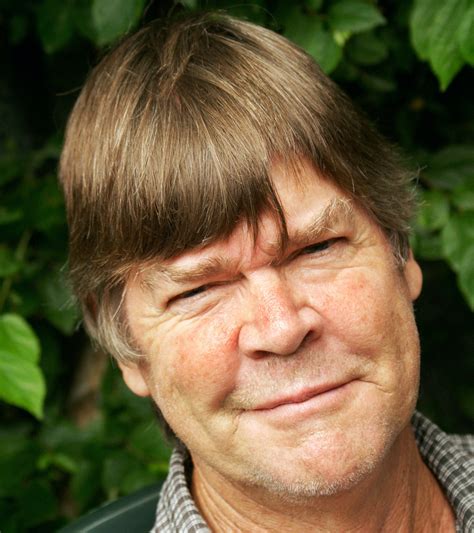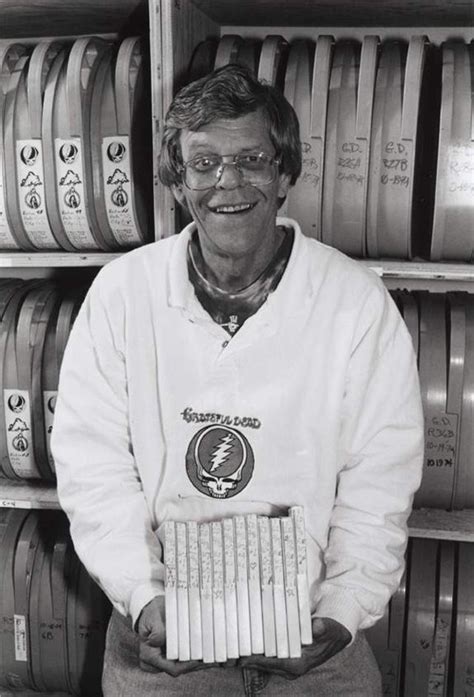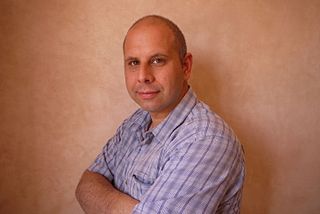A Quote by Peter Corris
Falconer's grasp of period and places is almost flawless ... He's my kind of writer.
Related Quotes
I don't have an agenda. I don't have things I want to get to or something. I have like a broad, slim grasp of certain periods and certain shows within that period, an awareness of them, but they demand re-listening. I have a flimsy grasp of all the eras and ideas within each period of what would be a good show to think of.
In this century the writer has carried on a conversation with madness. We might almost say of the twentieth-century writer that he aspires to madness. Some have made it, of course, and they hold special places in our regard. To a writer, madness is a final distillation of self, a final editing down. It's the drowning out of false voices.
It is almost always a greater pleasure to come across a semicolon than a period. The period tells you that that is that; if you didn't get all the meaning you wanted or expected, anyway you got all the writer intended to parcel out and now you have to move along. But with a semicolon there you get a pleasant little feeling of expectancy; there is more to come; read on; it will get clearer.
I'm very proud of my love for Whitney Houston. She really changed my life. She made my life a better life. She was so beautiful in her love for God, her love for her family and her love for music. She truly loved her music. She could do everything! She had flawless rhythm, flawless pitch, flawless feeling, and flawless beauty.
There were always men looking for jobs in America. There were always all these usable bodies. And I wanted to be a writer. Almost everybody was a writer. Not everybody thought they could be a dentist or an automobile mechanic but everybody knew they could be a writer. Of those fifty guys in the room, probably fifteen of them thought they were writers. Almost everybody used words and could write them down, i.e., almost everybody could be a writer. But most men, fortunately, aren't writers, or even cab drivers, and some men - many men - unfortunately aren't anything.






































